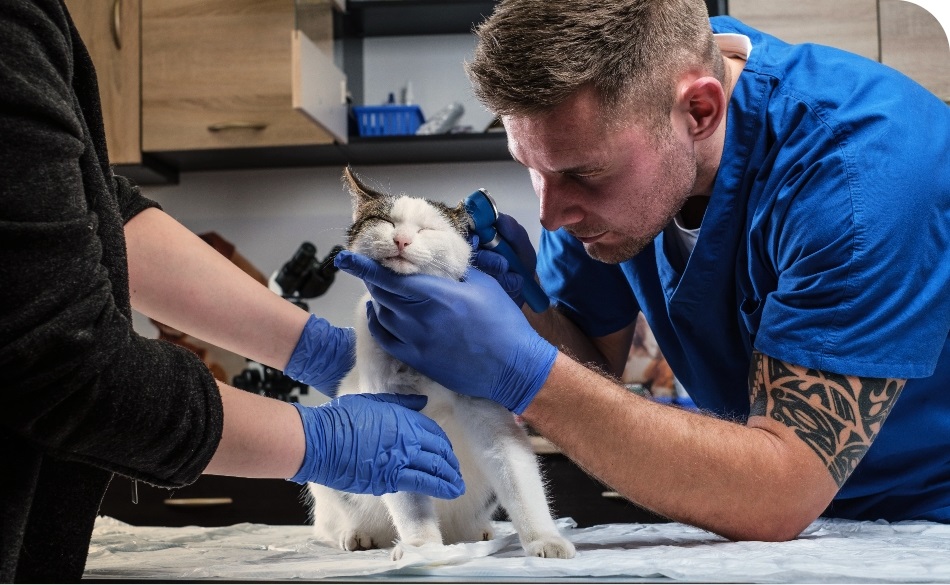
Our team at Champlin Park Pet Hospital understands that surgery, no matter what the circumstance, can feel quite daunting. Whether it’s an emergency surgery for an animal or a routine procedure, it is still a stressful event.
Surgery is often a necessary action to ensure the well-being of your pet. Whether it’s a common pet surgery like a neuter/spay, or a complex operation, we will help guide you through any circumstance in which surgery is the best option.
Our team at Champlin Park Pest Hospital is committed to keeping you informed every step of the way. First, we see you and your pet for an initial examination. This examination allows us to provide an accurate treatment plan for any procedure your pet may need, in which we can then explain the treatment plan to you. Additionally at this appointment we can perform any needed screening recommended prior to your pet going under anesthesia. Bloodwork or other tests are recommended to ensure your pet is healthy enough to go under anesthesia. If any underlying issues were to be discovered with this pre-surgical lab work, we can discuss further necessary diagnostics that should be run prior to anesthesia, such as radiographs, an ultrasound, further bloodwork.
We will also provide/or discuss pre-surgical instructions which are essential to follow for your pet’s safety for their anesthetic procedure. If pre-surgical instructions aren’t followed correctly it could result in surgical complications, or surgery needing to be rescheduled.
Common pre-operative instructions often include guidelines as follows:
If your pet has a favorite blanket or toy, you can bring it with you to keep in their kennel while they are here.
If you know your pet is not a fan of being kenneled, please reach out to us prior to the date of their procedure. We can discuss with your pet’s veterinarian some options to help them be calmer and more comfortable when with us for a couple of hours during the day of their procedure.
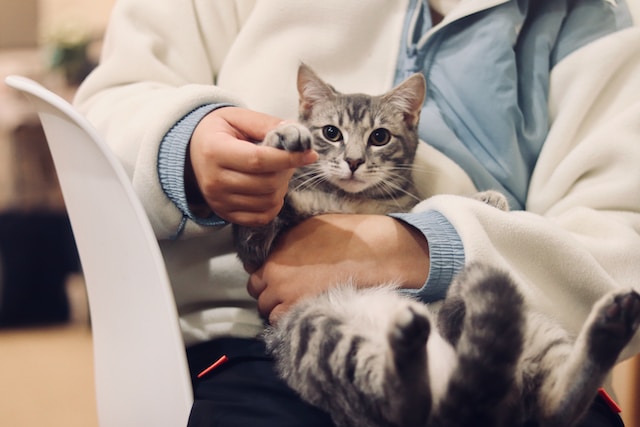
Routine procedures such as spays, neuters, lump removals, etc. are considered the same day, meaning your pets will be here for most of the day, and then go home late afternoon. After the procedure, we call to let you know your pet is waking up from their procedure and let you know how they did. During this phone call, we will set up a pickup time for your pet. Typically, we tend to have most pets hang out with us for a bit after anesthesia just to ensure they are recovering appropriately. But don’t worry, we make sure they are warm and comfy in their kennel and get lots of cuddles if needed.
Our veterinarians will also prescribe medication to help with pain post-operatively. Other medications for preventing infections or to help keep your pet calm during recovery may also be prescribed, but these vary per doctor’s discretion and our patients’ individual needs. It is common to be instructed to check surgery site(s) for bleeding, inflammation, or discharge. If your pet’s surgery site requires bandaging, we discuss timelines for bandage changes, and to keep bandages clean and dry. When you come to pick up your cat or dog after a surgical procedure, we will go over post-operative instructions in detail with you at that time. We will answer any questions you may have at that time as well.
Contact us today if you are looking for a pet hospital in Champlin. We deliver a variety of procedures including spays, neuters, and other procedures. We are available for consultation and to answer any questions or concerns you may have.
Elective surgery is a surgical procedure that is pre-scheduled and not considered a medical emergency. Although these procedures aren’t emergent, they are important for maintaining good health and improving your pet’s quality of life.
Surgeries that are not considered a medical emergency but have the potential to or are more likely to become life-threatening with time, are sometimes referred to as semi-elective. These procedures are still scheduled operations but are done so with more urgency. When it comes to elective/semi- elective procedures, you as the pet owner maintain control over the surgical care process and have time to weigh out your options.
At Champlin Park Animal Hospital we provide a wide variety of elective surgical procedures. We take pride in ensuring quality care for your pet. Some common elective surgical services for pets include:
** We do not perform declaws on cats due to the long-term side effects and complications that can result due to declawing procedures. Please contact us if you would like to discuss alternative options to declawing. **
Your pet’s veterinarian and care team here at Champlin Park Pet Hospital will guide you through every step of their animal elective procedure. From pre-op instructions to post-operative guidelines, we’ll ensure your pet gets the appropriate care. Our goal is to ensure your concerns will be put to ease.
It should be noted that although elective procedures are common, like any surgical procedure, they don’t come without risks. We’ll consult with you to discuss the benefits and any potential threats. Our team in Champlin is one of the best animal hospitals around.
We are equipped with the right technology to support various types of elective procedures for your pet. Whether it is a quick sedated procedure, or your pet is fully under anesthesia, we do pre-anesthetic lab work to ensure your pet is in good health prior to proceeding with the operation. Every animal surgery here at Champlin Park Pet Hospital is treated with the utmost care.
There are certain cases when a procedure for your pet can be considered life-threatening, and these are considered “emergency surgeries”. Depending on the current state of your pet we tend to recommend having your pet be seen by a specialty facility or one where they have more specialized staff. This ensures that your pet has the best chance. We also understand that sometimes there isn’t time to get your pet elsewhere. Depending on the circumstances we can perform some procedures but ultimately, we may still recommend referral for inpatient care at a 24-hour facility, to ensure your pet has round-the-clock care.
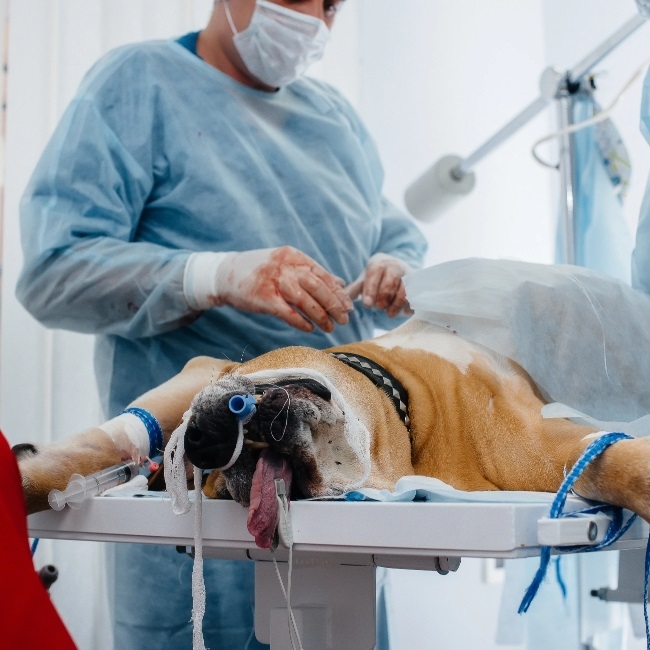
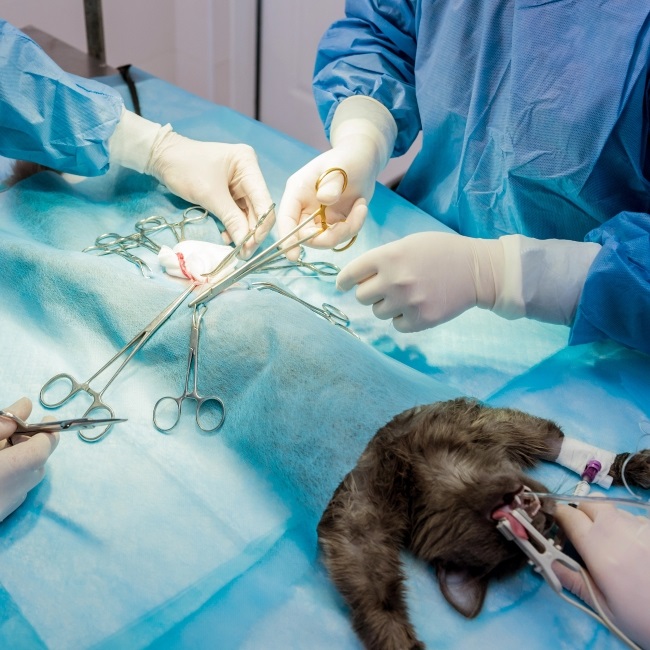
Our animal hospital in Champlin offers spaying and neutering for pets. Your choice to spay or neuter your pet is about managing their potential to make some kittens or puppies, but also can have impacts on behavior and health which may be desirable or undesirable for you. It’s a complex decision that our expert veterinarians can walk you through. If you’re searching for pet neutering near you, learn more about it below.
Spaying is for female pets. It is a surgery where we remove the ovaries and the uterus of your pet, so that she cannot get pregnant or menstruate. Spaying your pet also ensures that there will be no unwanted litter, which helps control the pet population.

Neutering in dogs and other pets is a surgery for males where we remove the testes, which are also called testicles. They can therefore not produce sperm and will not be capable of getting a female pregnant.
Here are some other great facts about why choosing to neuter or spay your pet will be one of the most important decisions you make that impacts your pet’s long-term health.
Champlin Park Pet Hospital offers safe and humane spay/neuters for your pets.
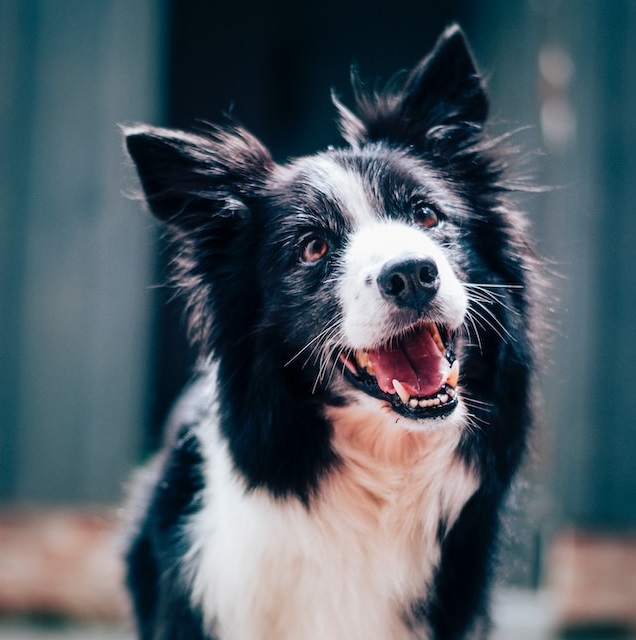
There is always a risk with surgeries. However, spaying and neutering are relatively safe and usually do not cause complications. We certainly appreciate the fact that no matter how routine a procedure is considered, as pet owners, it is quite stressful to know your pet will be going through surgery. We will answer all questions you have leading up to surgery to ensure we can make the surgery as low stress as possible.
Champlin Park Pet Hospital offers spaying and neutering services for your pet that will put your mind at ease because you’ll know that your pet is in the hands of a hospital that cares. Reach out to us today to discuss your pets’ options.